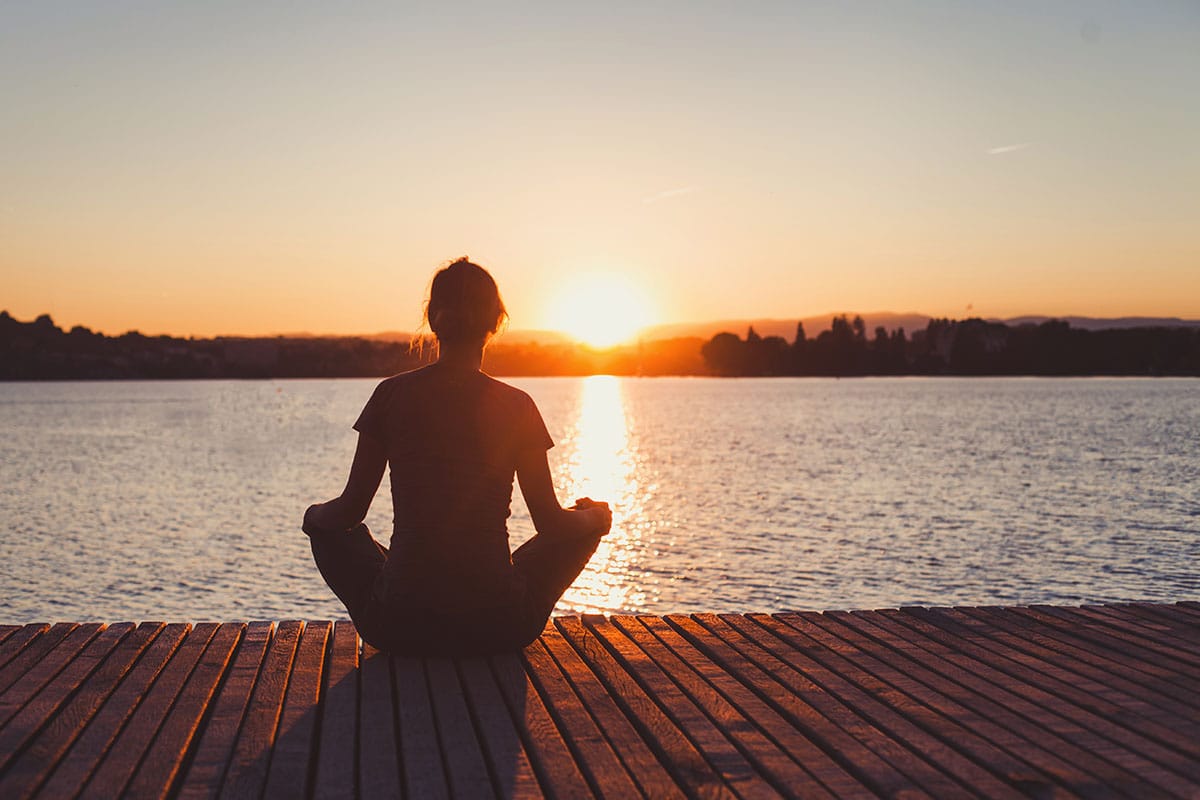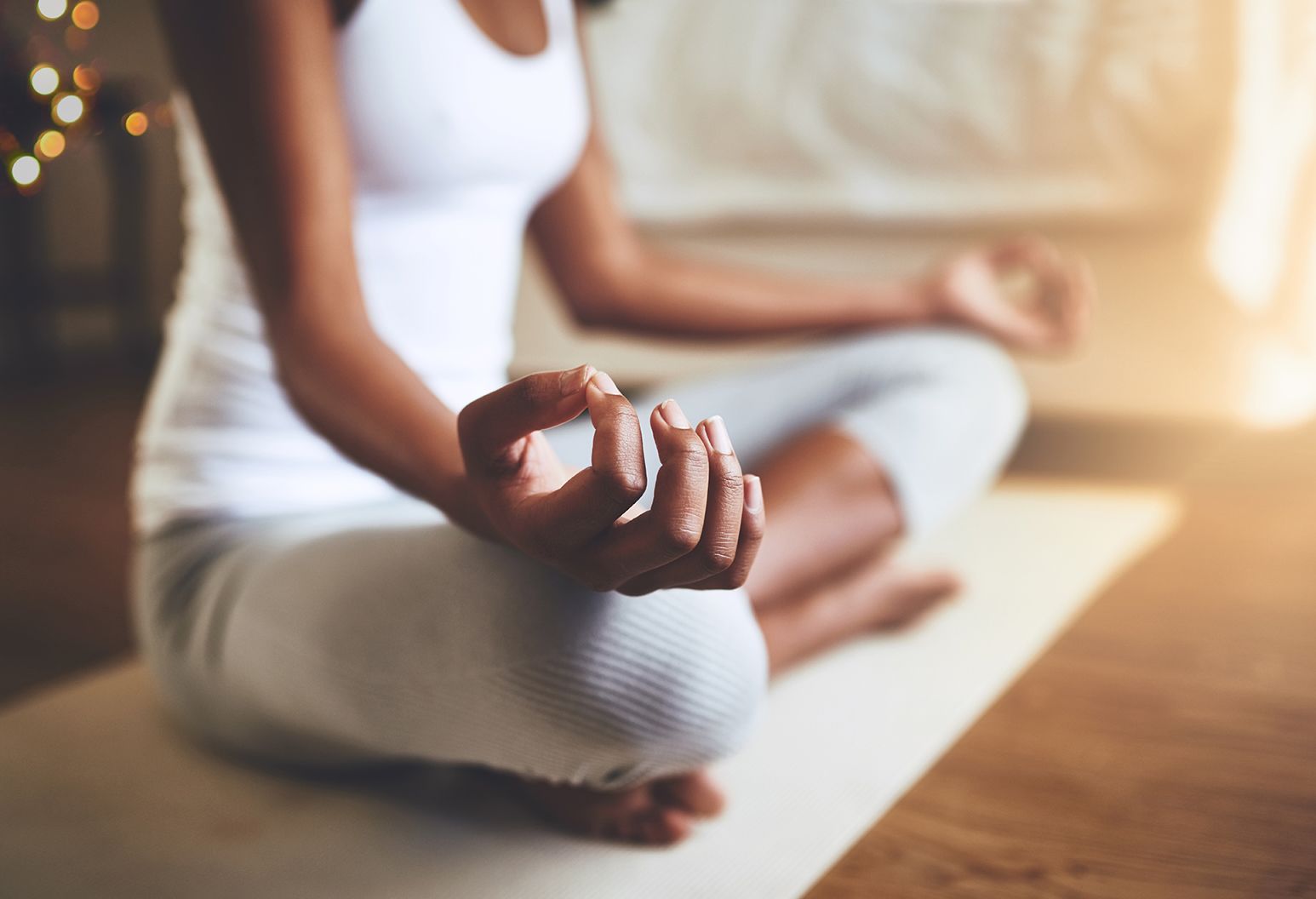Holistic treatment approaches are gaining increasing recognition in the field of addiction recovery and mental health. At All American Detox, we believe in the profound benefits of integrating holistic methods into traditional treatment plans. By focusing on the whole person rather than just the symptoms of addiction or mental health issues, holistic treatments address the mind-body connection and promote comprehensive healing. This sub-page explores the various benefits of holistic treatment, emphasizing complementary therapies such as yoga, meditation, and acupuncture.
Understanding Holistic Treatment
Holistic treatment is a philosophy that aims to treat the whole person—mind, body, and spirit—rather than just the symptoms of a condition. This approach recognizes the interconnectedness of various aspects of health and wellness. In the context of addiction recovery and mental health, holistic treatment methods seek to address the underlying causes of addiction, promote overall well-being, and support long-term recovery.
The Mind-Body Connection
A fundamental principle of holistic treatment is the mind-body connection. This concept acknowledges that mental and emotional states can significantly impact physical health and vice versa. By understanding and nurturing this connection, individuals can achieve a more balanced and harmonious state of being.
1. Yoga: Enhancing Physical and Mental Wellness
Yoga is a cornerstone of many holistic treatment programs. It combines physical postures, breath control, and meditation to promote physical strength, flexibility, and mental clarity. In addiction recovery, yoga helps individuals manage stress, reduce cravings, and improve overall well-being. The practice encourages self-awareness and mindfulness, which are crucial for maintaining long-term sobriety and mental health.
2. Meditation: Cultivating Inner Peace
Meditation is another powerful complementary therapy that fosters relaxation and mental clarity. Regular meditation practice can help individuals in recovery manage anxiety, depression, and stress. It promotes a sense of inner peace and helps individuals develop greater self-awareness. By incorporating meditation into a holistic treatment plan, individuals can enhance their emotional resilience and improve their overall quality of life.
3. Acupuncture: Balancing Energy Flow
Acupuncture, a traditional Chinese medicine practice, involves inserting thin needles into specific points on the body to stimulate energy flow and promote healing. In the context of addiction recovery, acupuncture can help alleviate withdrawal symptoms, reduce cravings, and support overall well-being. It works by balancing the body’s energy and addressing physical and emotional imbalances.
4. Nutrition: Fueling the Body for Recovery
Proper nutrition is an essential component of holistic treatment. A balanced diet supports physical health, improves mood, and enhances overall well-being. Nutritional counseling can help individuals make healthier food choices, manage cravings, and support their recovery journey. By focusing on nourishing the body with essential nutrients, individuals can strengthen their physical and mental resilience.
5. Art Therapy: Expressing Emotions Creatively
Art therapy is a creative approach that allows individuals to express their emotions and experiences through various artistic mediums. It can be particularly beneficial for those in recovery, as it provides a safe and non-verbal way to explore and process complex feelings. Art therapy fosters self-expression, boosts self-esteem, and helps individuals connect with their inner selves.
6. Equine Therapy: Building Trust and Emotional Resilience
Equine therapy involves interacting with horses to develop trust, emotional resilience, and interpersonal skills. Working with horses can be a transformative experience for individuals in recovery, helping them build confidence, improve communication skills, and develop a sense of responsibility. This therapy complements traditional treatment methods by addressing emotional and behavioral issues in a supportive and non-judgmental environment.

7. Mindfulness Practices: Staying Present and Focused
Mindfulness practices, including mindful breathing and mindful movement, encourage individuals to stay present and focused in the moment. These practices can help individuals manage stress, reduce anxiety, and enhance overall well-being. By incorporating mindfulness into a holistic treatment plan, individuals can develop greater self-awareness and improve their ability to cope with challenges.
Integrating Holistic Treatments with Traditional Methods
While holistic treatments offer numerous benefits, they are most effective when integrated with traditional addiction recovery and mental health methods. Combining holistic approaches with evidence-based therapies ensures a comprehensive treatment plan that addresses all aspects of an individual’s health and well-being.
FAQ’s
1. What is holistic treatment?
Holistic treatment focuses on addressing the whole person—mind, body, and spirit—rather than just treating symptoms. It integrates complementary therapies such as yoga, meditation, and acupuncture to promote overall well-being and support recovery.
2. How does yoga benefit addiction recovery?
Yoga enhances addiction recovery by improving physical strength and flexibility, managing stress, reducing cravings, and promoting mindfulness. It helps individuals develop self-awareness and emotional resilience, which are crucial for long-term sobriety.
3. What role does meditation play in holistic treatment?
Meditation helps cultivate inner peace, manage anxiety and stress, and enhance self-awareness. It supports emotional stability and mental clarity, making it a valuable component of holistic treatment for addiction recovery.
4. How does acupuncture support recovery?
Acupuncture stimulates specific points on the body to balance energy flow and promote healing. It can help alleviate withdrawal symptoms, reduce cravings, and support overall well-being during the recovery process.
5. Why is nutrition important in holistic treatment?
Proper nutrition supports physical health, improves mood, and enhances overall well-being. Nutritional counseling helps individuals make healthier food choices, manage cravings, and strengthen their recovery journey.
6. What is art therapy and how does it aid in recovery?
Art therapy allows individuals to express their emotions and experiences through creative activities. It provides a safe, non-verbal way to explore feelings, boost self-esteem, and foster self-expression, aiding in the recovery process.
Conclusion
Holistic treatment approaches, such as yoga, meditation, acupuncture, and nutrition, play a vital role in promoting overall well-being and supporting addiction recovery. By focusing on the mind-body connection and addressing the whole person, holistic treatments offer a comprehensive and balanced approach to healing. Contact All American Detox today, we are committed to providing a holistic treatment experience that supports your journey to recovery and enhances your overall quality of life. Explore the benefits of holistic treatment and discover how these complementary therapies can support your path to a healthier and more fulfilling life.





